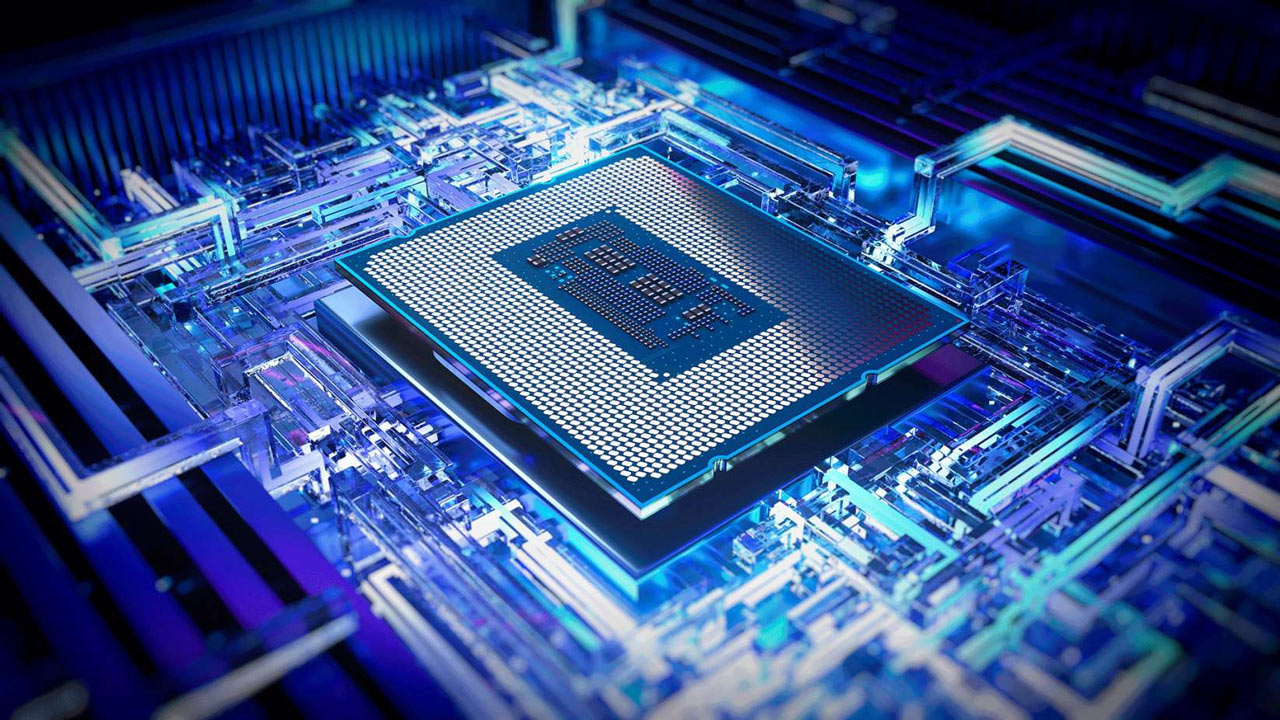'Digital Twins' research gains $285 million in CHIPS ACT funding — virtual chip tech could revolutionize semiconductor manufacturing
Uncle Sam is looking for someone to spearhead new innovation

The U.S. government has announced that it is looking for an organization to lead in creating a new institution to study "digital twin" technology, offering $285 million in CHIPS Act funding to the winning bid. The Biden administration is looking for the potential of digital twins to supercharge the United States' semiconductor manufacturing, but the technology has near-limitless possible applications.
A digital twin is a true-to-reality virtual representation of a real-world physical system, continually updated and exactly modeling real behaviors and actions. Today, the technology is closest to actualization in the automotive industry, where manufacturers are experimenting with digital twins of assembly lines to explore alternative production modes and processes without harming real-world productivity. The CHIPS for America initiative likely seeks to use this idea for semiconductor fabs, experimenting with alternative production styles to give domestic fabs an edge over international competitors.
The project, named CHIPS Manufacturing USA, will hold an informational conference online on May 8th on the initiative for prospective bidders. The full NOFO (notice of funding opportunity) mentions that the project will also focus on the "development, validation, and use of digital twins for semiconductor manufacturing, advanced packaging, assembly, and test processes." The facility will be open to selected domestic companies for workforce training and collaboration on digital twin tech in a safe environment without the risk of copyright infringement. Those entities (including universities, companies, nonprofits, and state governments) interested in the development and creation of the institute have until June 20th to submit their proposals.
The clear frontrunner in digital twin technology today is Nvidia, which is already advertising its hardware's ability to make digital twins possible. After claiming in a 2021 blog post that the digital twin market would be worth $86 billion by 2028, Nvidia has been bullish on the new technology. It stands ready to profit majorly from its proliferation, with Nvidia reaching an all-time high per-annum sales in 2023 at $60.9 billion and expecting to grow further as demand for A.I. computing has "reached the tipping point," according to CEO Jensen Huang. From its A.I. Eos supercomputer to its new Blackwell architecture, Nvidia is fully cornering the A.I. market. It will likely continue market dominance with no competitors in sight as digital twin research picks up from the government.
The 2022 CHIPS and Science Act continues to make significant waves across the tech industry, with the Biden administration seeking to on-shore 20% of leading-edge chip production by 2030. This ambitious goal is backed by the CHIPS Act's $114 billion in promised grants and loans, and more may soon follow; U.S. Commerce Secretary Gina Raimondo has recently said that a CHIPS Act 2 may soon be necessary as the world's supercomputing giants demand even more funding. Perhaps a CHIPS Act 2 will bring with it more conditional rewarding of funds; TSMC's Biden-backed Arizona fabs currently report worker abuses propagated from the top levels of leadership.
Get Tom's Hardware's best news and in-depth reviews, straight to your inbox.

Sunny Grimm is a contributing writer for Tom's Hardware. He has been building and breaking computers since 2017, serving as the resident youngster at Tom's. From APUs to RGB, Sunny has a handle on all the latest tech news.
-
chaz_music My goodness. "Digital Twin" is a just a new 2024 wording for "simulation" but simply placed into a VR environment to allow for seeing a physical representation of the simulation. Unless I missed the clever part, somebody seems to have conned a gov officials into funding a money trough for the simulation software industry. The VR part will help humans visualize the work flow, but finding technical errors and chip yield relies on accurate simulation fidelity, not whether it is in a VR environment. In the simulation world engineers say "garbage in, garbage out" as poor simlations are the norm (very, very common in fact). Let's hope they get some proper experts who are not feeding from the trough to help temper this down.Reply
Change a buzz word and all of a sudden people think some new tech has been born and the world will throw money at it.
For instance a great buzz word is AI. A simple list of earlier tech that is actually the same as AI: neural nets, fuzzy logic, adaptive control, and adaptive Kalman filters. These have been around for over 30-40 years. The only real recent improvement is the number of nodes economically available, with the world mostly ignoring the inexpensive and efficient analog version of neural nets. -
JRStern Reply
The Chips Act is already $200,000,000,000 slush fund for entirely unstated goals. Probably fund a $100,000,000 study on how homo habilis chipped away to make stone tools.chaz_music said:My goodness. "Digital Twin" is a just a new 2024 wording for "simulation" but simply placed into a VR environment to allow for seeing a physical representation of the simulation. Unless I missed the clever part, somebody seems to have conned a gov officials into funding a money trough for the simulation software industry. The VR part will help humans visualize the work flow, but finding technical errors and chip yield relies on accurate simulation fidelity, not whether it is in a VR environment. In the simulation world engineers say "garbage in, garbage out" as poor simlations are the norm (very, very common in fact). Let's hope they get some proper experts who are not feeding from the trough to help temper this down.
Change a buzz word and all of a sudden people think some new tech has been born and the world will throw money at it.
For instance a great buzz word is AI. A simple list of earlier tech that is actually the same as AI: neural nets, fuzzy logic, adaptive control, and adaptive Kalman filters. These have been around for over 30-40 years. The only real recent improvement is the number of nodes economically available, with the world mostly ignoring the inexpensive and efficient analog version of neural nets.
I would presume that Intel and all the big fab companies already have all the digital twins they need. I thought this news might be about medical digital twins of patients, which is a project that seems to need some actual kick-starting.